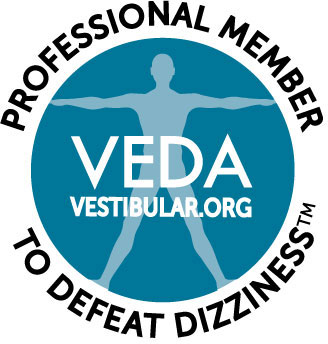As parents, we want our children to succeed in whatever they do. When they start having issues at school such as trouble concentrating, difficulty reading, dyslexia and anxiety, we want to automatically jump in and fix the problem for them. But before you can help, you must first be able to recognize the problem. In many cases – up to 50%, in fact – children who suffer from these and related problems such as ADD/ADHD may actually be experiencing binocular vision dysfunction (BVD).

What Causes BVD?
For some people, one eye sees an image in one eye on a different plane than the other eye, which is something that the brain won’t tolerate. Our bodies are able to correct the problem to bring the two images into focus, but this puts a lot of stress on the eyes, with the end result that the eye muscles are severely strained and overworked. This is what causes the following symptoms of BVD:
-
Headaches
-
Head tilting
-
Clumsiness
-
Blurry vision
-
Sensitivity to light
-
Double vision
Why Is BVD So Often Missed in Kids?
The standard vision screening that children receive when they start school is an excellent benefit to many children, especially to those who are underprivileged and might not otherwise be tested. The problem is not with the exam itself, but rather the extent of the testing. A standard school vision exam starts by testing how well the eyes see, individually and together. Then the binocular vision is checked; basically, how well the eyes work in tandem. This also allows those performing the exam to identify major eye misalignments and blurry vision. Schools don’t test for minor eye misalignments, however, and since any amount of misalignment can cause BVD symptoms, those children end up falling through the cracks.
The answer to this problem is a neurovisual examination with Dr. Israeloff at the Neuro Visual Center of New York, which will include assessment for small amounts of eye misalignment. Any misalignments found, as well as problems with near and far vision, will then be treated with a pair of aligning prismatic lenses, which serve to reduce or even eliminate the symptoms of BVD. If your child is having problems at school that could be a result of binocular vision dysfunction, call the Neuro Visual Center at (516) 224-4888 to schedule a neurovisual exam today.





